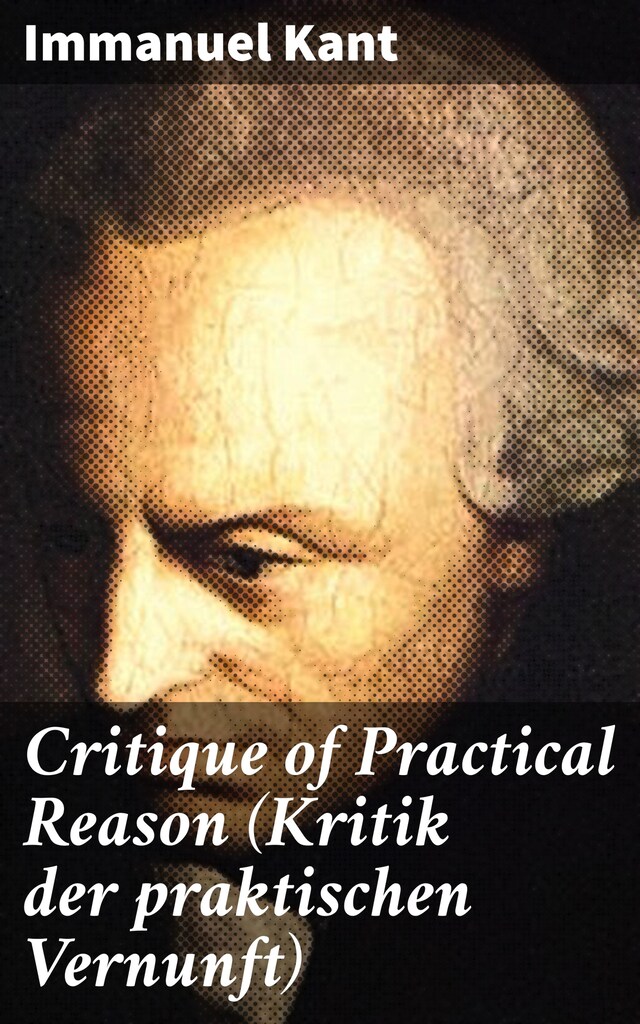
Critique of Practical Reason (Kritik der praktischen Vernunft)
Unraveling the Moral Foundations of Human Action
Description of book
Immanuel Kant's 'Critique of Practical Reason' is a seminal work in the field of moral philosophy. In this book, Kant explores the concept of practical reason and its role in guiding human action. He argues that moral principles are not derived from experience but are instead a priori truths that are inherent in rational beings. Kant's writing is characterized by its rigorous logical structure and systematic approach, making it a challenging but rewarding read for those interested in ethics and philosophy. The 'Critique of Practical Reason' is considered one of Kant's most influential works and is a key text in the history of moral philosophy. Immanuel Kant, a German philosopher, is known for his contributions to metaphysics, epistemology, and ethics. His interest in moral philosophy and metaphysics led him to write the 'Critique of Practical Reason' as a follow-up to his earlier work, the 'Critique of Pure Reason'. Kant's emphasis on reason and autonomy as the foundations of morality has had a lasting impact on the field of ethics. I highly recommend 'Critique of Practical Reason' to readers who are interested in delving into the complexities of moral philosophy and exploring the relationship between reason and ethics. Kant's insights are sure to provoke thought and stimulate intellectual inquiry.
 Immanuel Kant
Immanuel Kant 211 Pages
211 Pages